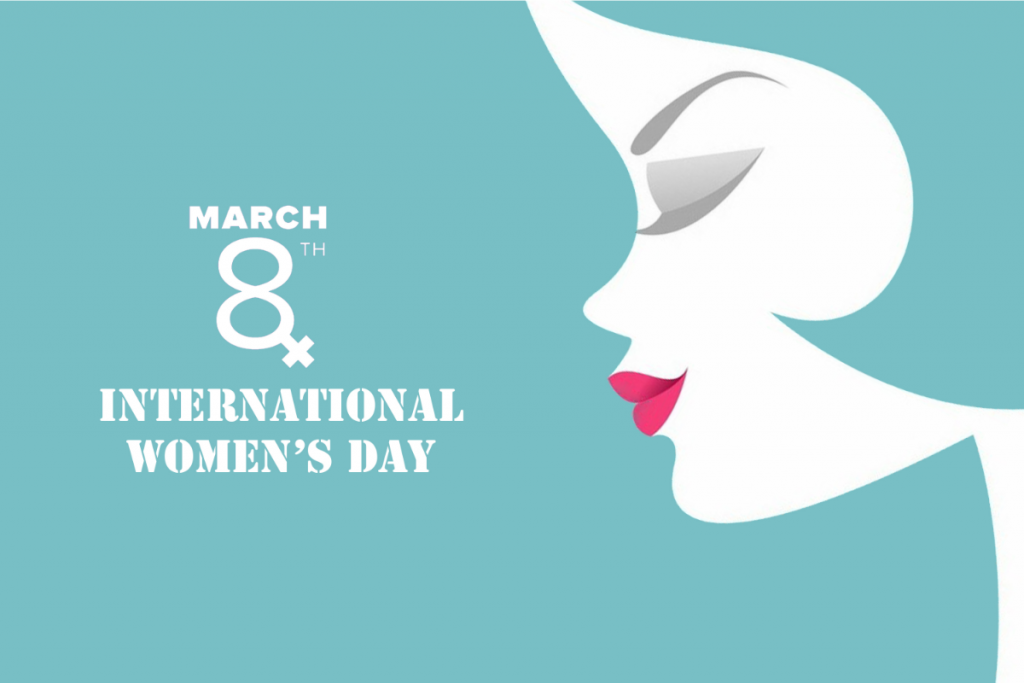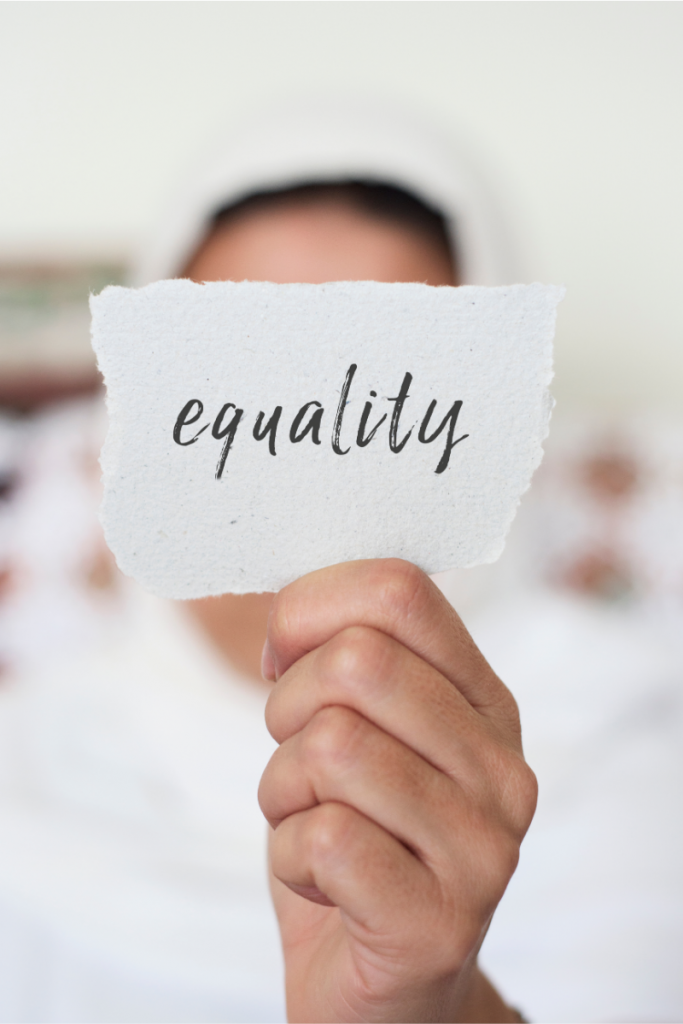
‘a third of working mothers reported having lost work or hours due to a lack of childcare during the pandemic’
The pandemic has hit everyone hard, but unfortunately some groups in society have been hit harder than others. Although the disparities of the pandemic are certainly not limited to gender issues, International Women’s Day provides the perfect opportunity to shine a spotlight on the effect coronavirus has had on gender inequality.
Economic disparity
Gender inequality is not a new issue. Although the gender pay gap has been steadily decreasing (ons.gov.uk), the problem is far from being resolved. In 2018, when the government required businesses with more than 250 employees to reveal their gender pay gap, a consistent pattern of inequality could be clearly seen (theguardian.com). The pandemic seems to have only deepened these issues; reports suggest that as women make up a disproportionate amount of the workforce in the sectors hardest hit by the pandemic, such as accommodation, food and retail services, women have been left 1.8 times more vulnerable to the impacts of the pandemic than men (McKinsey Global Institute). Issues such as childcare have further perpetuated these economic gender disparities. With schools closed and grandparents unable to help with childcare due to risk of contracting the virus, working mothers are being most heavily effected; a third of working mothers reported having lost work or hours due to a lack of childcare during the pandemic (The Fawcett Society).
Domestic violence
Domestic violence is another gendered issue which came to the forefront of conservation this past year, with people forced to stay home due to the pandemic. Although domestic violence is not exclusively suffered by women, it is a heavily gendered issue; 74% of victims of domestic homicides in 2016 were female (ONS, 2019). Again, the pandemic has perpetuated this problem as women have been forced to stay in volatile situations. According to a study led by Women’s Aid, 68% of women living with their abuser during the first lockdown said the abuse had worsened, and 91% of respondents currently experiencing domestic abuse said the pandemic had negatively impacted their situation (Women’s Aid, 2020). It is vitally important to continue to raise awareness of these pressing issues, and to strive to create a safer society for women.
Optimism
These are serious problems, deeply affecting our mothers, daughters, sisters, aunts. However, the situation isn’t all negative. The rising of issues of domestic violence has spurred the government to put more money into creating safe spaces for victims and specific training for police (bbc.co.uk), efforts that will hopefully continue and grow post-pandemic. Regarding economic disparity, although the gender pay gap is an ongoing issue, and sadly many women have lost their job because of the pandemic, the growing trend towards remote working could potentially foster a more gender-equal working world. Lack of flexible work arrangements has been identified by Goldin (2010) as one of the biggest remaining sources of the gender pay gap (voxeu.org), and so flexible working becoming the norm could be just the cultural shift needed to counterbalance the gender inequality in work.

Gender inequality is a persistent issue all around the world, sadly only worsened by the effects of the pandemic. However, hopefully the pandemic can serve to highlight the issues that women have always faced in society, and real, tangible change can happen. Below are some charities dedicated to combatting gender inequality in our society:
- Women’s Aid: a grassroots federation working to provide life-saving services in England and build a future where domestic abuse is not tolerated.
- Girls Who Code: on a mission to close the gender gap in technology by creating a pipeline for future female engineers – they are already on track to attain gender parity in computer science by 2027!
- Young Women’s Trust: a feminist organisation working to achieve economic justice for young women. They support young women on low or no pay in getting into the working world, as well as campaigning on issues such as closing the gender pay gap.
- Refuge: committed to a world where domestic violence and violence against women and girls is not tolerated. They provide a range of life-saving and life-changing services, as well as advocating for a strong criminal justice response to perpetrators, and preventing future violence through education, training and awareness-raising.
© All Rights Reserved, Studenteer 2021

